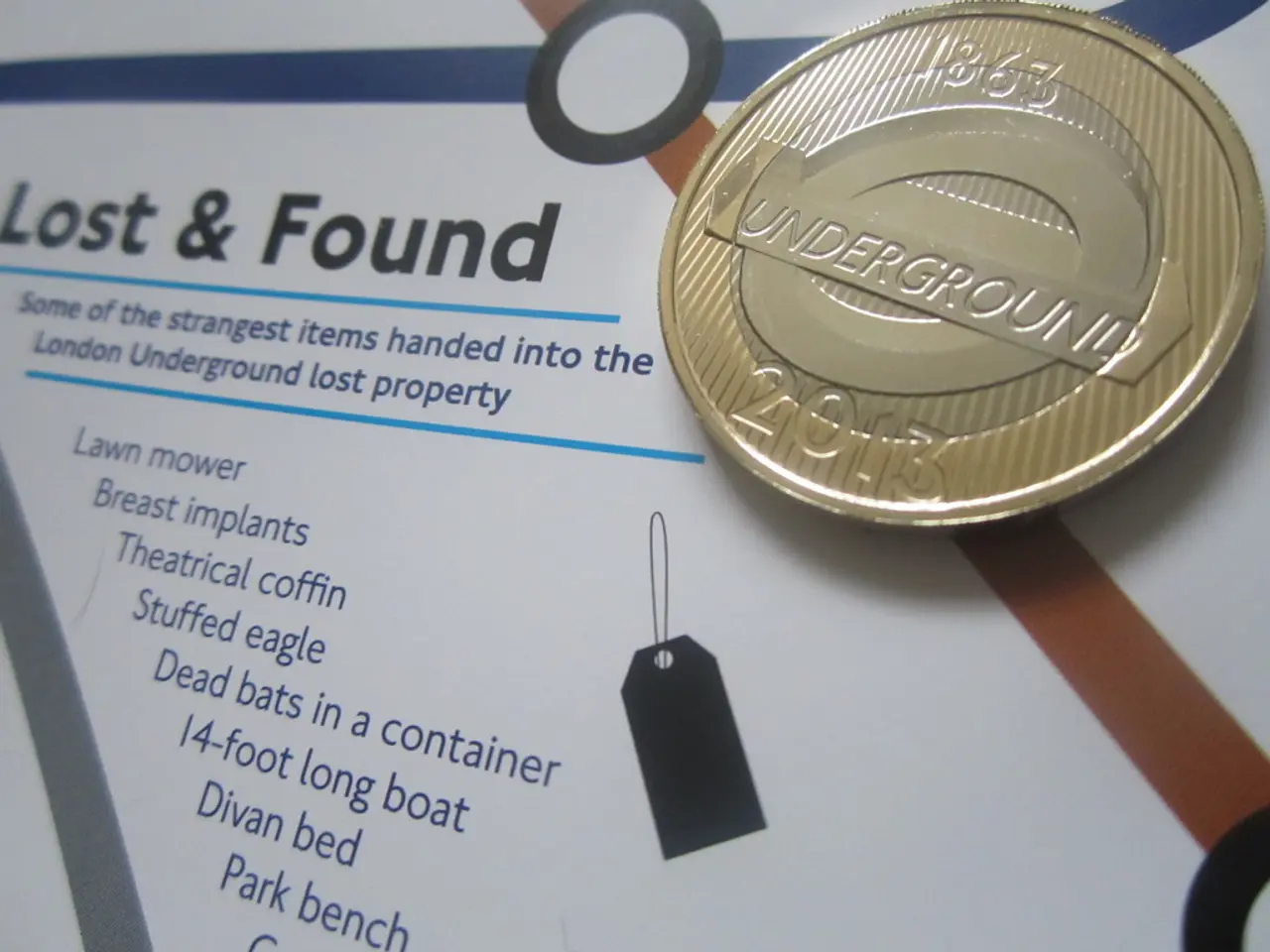Danish authorities impede access to 83 online betting platforms
In an ongoing mission to maintain a safe and regulated gambling environment in Denmark, Spillemyndigheden, the Danish gambling regulator, has stepped up its efforts to block unlicensed gambling websites. This is the tenth time the regulator has secured court authorization for such measures.
The rate of blocked illegal gambling sites in Denmark has doubled, from once a year to twice a year. The cumulative number of blocked gambling sites now stands at 359. These measures are aimed at protecting children and young people, who are considered a vulnerable group in relation to illegal gambling sites.
Spillemyndigheden's strategies include licensing requirements, a well-regulated legal framework, IP blocking, the ROFUS self-exclusion system, collaboration with financial institutions, public awareness campaigns, and strict Anti-Money Laundering (AML) and Know-Your-Customer (KYC) regulations.
Licensing requirements ensure that all gambling operators comply with strict regulations on fairness, transparency, and responsible gambling. The legal framework and enforcement help identify and block unlicensed sites. IP blocking requests to internet service providers (ISPs) prevent access to unlicensed gambling websites. The ROFUS system, while not directly aimed at blocking unlicensed sites, can indirectly influence players to avoid them by ensuring a safer gambling environment for licensed operators.
Collaboration with financial institutions makes it difficult for unlicensed gambling sites to operate effectively by monitoring and restricting transactions related to these activities. Public awareness campaigns educate players about the risks associated with unlicensed gambling sites and the importance of playing on licensed platforms. Strict AML and KYC regulations ensure compliance with legal requirements, helping to identify and block unlicensed activities.
Director Anders Dorph has intensified the efforts to shut down illegal gambling sites, with the Næstved District Court in Denmark recently authorizing Spillemyndigheden to block 83 gambling websites. The regulator relies on both automated searches and reports from citizens and businesses to enforce its regulations.
However, specific details about IP blocking and financial institution collaboration are less frequently documented compared to other measures. Some illegal gambling sites offer games that particularly appeal to children and young people, such as skin betting. Many illegal gambling websites have very lenient requirements for age verification, posing a significant risk to vulnerable players.
The increased blocking of illegal gambling sites aims to minimize the period Danish players are exposed to illegal games. Unlicensed gambling operators in Denmark risk having their websites blocked if they continue their activities despite requests to cease. The Danish gambling market is subject to these regulatory measures to ensure compliance with the country's gambling laws.
- Spillemyndigheden's efforts to block unlicensed casino-and-gambling websites in Denmark have led to an increase in the rate of blocked illegal gambling sites, with the current total standing at 359.
- The ROFUS self-exclusion system, a part of Spillemyndigheden's strategies, may indirectly influence players to avoid unlicensed casino-games providers by ensuring a safer gambling environment for licensed operators.
- Strict policy-and-legislation, such as Anti-Money Laundering (AML) and Know-Your-Customer (KYC) regulations, help Spillemyndigheden enforce its regulations and prevent illegal gambling activities in Denmark.
- Some casino-personalities associated with unlicensed gambling sites have been identified and attempts have been made to block their websites, as part of the ongoing mission to maintain a safe and regulated gambling environment.
- The increased blocking of illegal gambling sites is a response to concerns about crime-and-justice, responsible-gambling, and the protection of children and young people who are considered a vulnerable group, especially for online lotteries.




